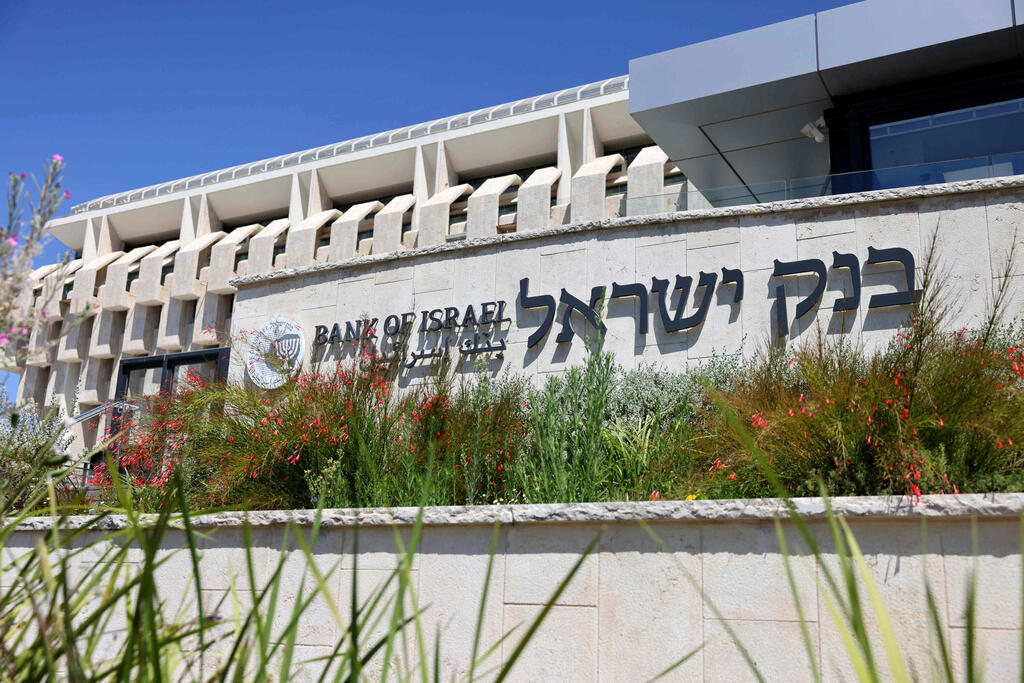Getting your Trinity Audio player ready...
About $4 billion were pulled out of Israel and moved to foreign banks in recent weeks, several financial and banking sources told Ynet on Wednesday, as the government plows ahead with its plan to implement extensive changes to the country’s legal system.
According to the sources, most of the outflowing capital ends up in the United States and Europe, with a significant portion of the funds being transferred by private individuals who have bank accounts abroad or have opened such accounts very recently.
2 View gallery


Masses gather in front of the Knesset to protest the government's proposed judicial reform, February 13, 2023
(Photo: AP)
Close to half of the money moved over the past two weeks was withdrawn by about 50 companies, mainly from the high-tech industry.
Meanwhile, Israel’s central and commercial banks remain ambiguous on the issue, but behind the scenes, officials say that withdrawals have been ramping up in recent days as the legislative process proceeds.
It is estimated that the Bank of Israel is holding onto the data fearing it would encourage other nationals to move their money overseas.
In a response to a Ynet request for comment, the central bank said on Wednesday that "so far, there is no unusual flow of funds transferred abroad and the bank is constantly monitoring the situation.”
"We estimate that the sum that large companies have chosen to transfer abroad in recent weeks already stands between 2 and 4 billion dollars, and we expect this trend will only increase in the coming days," Ofir Angel, chairman of financial consulting firm Auren Israel, told Ynet on Wednesday.
"The new trend emerging in recent days is precisely that of private households, families with capital, mainly from the top one percent, who have started to move money, as well as those with smaller capital from the top decile and below."
Angel said that his firm has seen a sharp spike in requests for consultation on transferring money abroad in recent weeks.
“We’re talking about dozens of inquiries a week from small or large capital owners. From a family with half a million shekels in savings to families talking about transferring tens and hundreds of millions overseas. The protest does its thing, and the considerations are not always rational."
Clients from the top decile with between $5-50 million in liquid funds are also said to be examining the possibility of obtaining foreign passports by purchasing properties in attractive destinations and moving their capital to hedge their investments.


